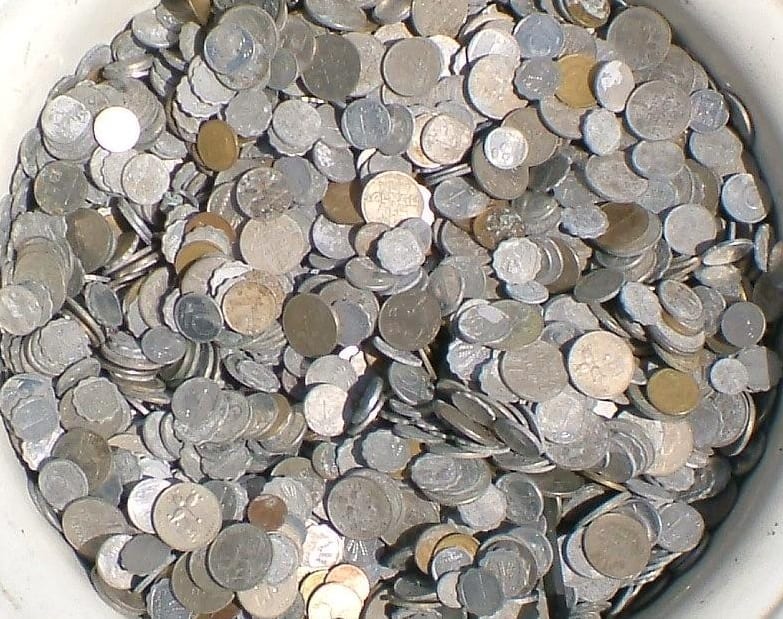Adriana did pay its settlement to the man who had just undergone a hernia operation, but it did so in coins.
The Adriana Insurance company settled a lawsuit with one of its customers, Andres Carrasco, but when it came to actually paying the man, the insurer did so with $21,000 sent exclusively in coins.
This story of controversial customer service is now making insurance news headlines across the country.
The issue between Carrasco and the insurance company began in 2012, when the customer filed a lawsuit against Adriana for what he said was a physical assault that he had experienced from one of the insurer’s employees. The lawsuit ended up being quite a lengthy one and continued on until Adriana finally agreed to settle in June of this year.
The insurance company did pay their settlement…with 16 five gallon buckets of pennies, nickels, dimes, and quarters.
 Eight employees from Adriana Insurance delivered all of the buckets of coins to the office of Carrasco’s lawyer, Antonio Gallo. The coins were unrolled and left loose in the sixteen buckets. Gallo explained that “There’s over 16 buckets of quarters, nickels, dimes and pennies. It’s going to take us at least, conservatively, one week to count that whole amount of money.”
Eight employees from Adriana Insurance delivered all of the buckets of coins to the office of Carrasco’s lawyer, Antonio Gallo. The coins were unrolled and left loose in the sixteen buckets. Gallo explained that “There’s over 16 buckets of quarters, nickels, dimes and pennies. It’s going to take us at least, conservatively, one week to count that whole amount of money.”
While the strategy of protesting a payment by making it in coin is nothing new, what is unique was that this was done by a company that had agreed to a settlement with a customer. Traditionally, individuals have used this technique to protest what they feel is unfair or unreasonable bills. There are many examples of people who have done this, over the years. However, it is exceptionally rare for a business to use this type of tactic.
Carrasco, a 73 year old man who has recently undergone a hernia operation, wouldn’t have any chance of being able to pick up a bucket full of coins.
Upon further research into the insurance company, it was revealed that the Better Business Bureau has given it a C- rating. The majority of the complaints registered against it had to do with its products and services. The majority of them have been closed.
